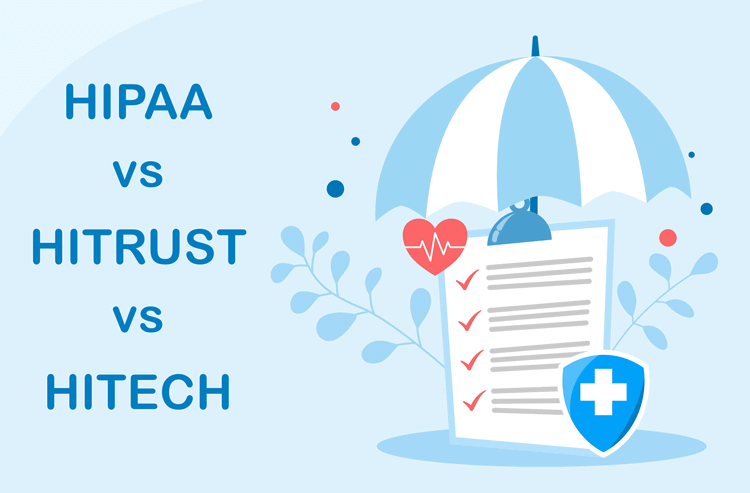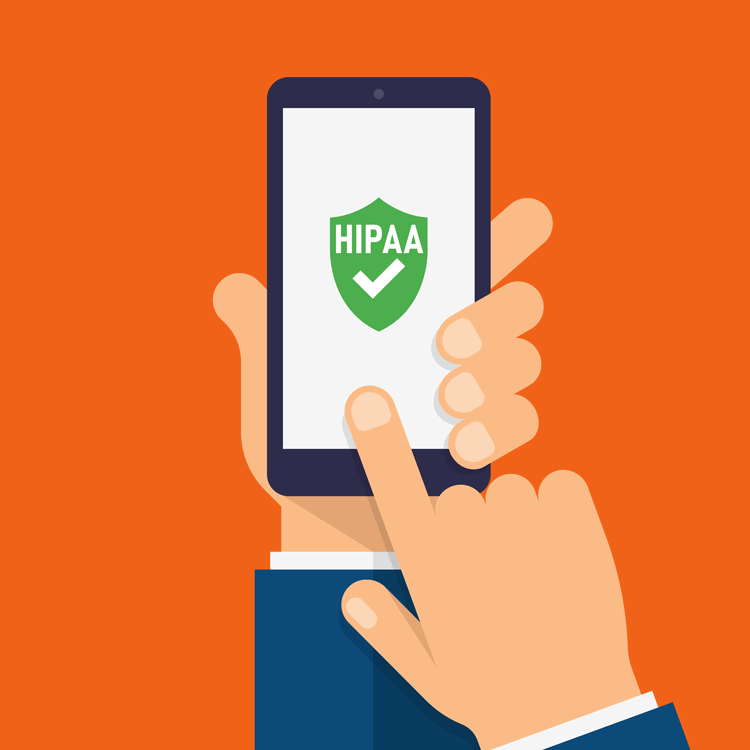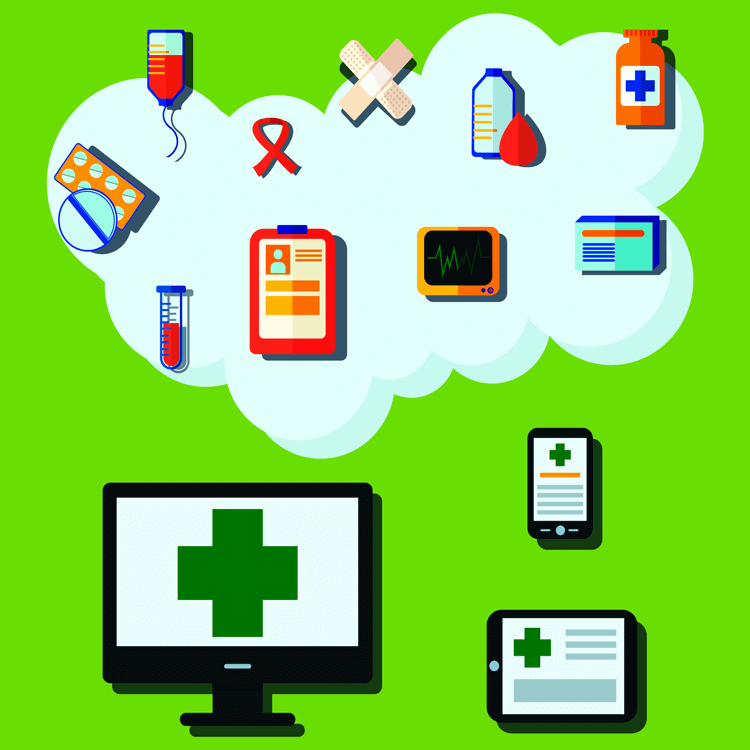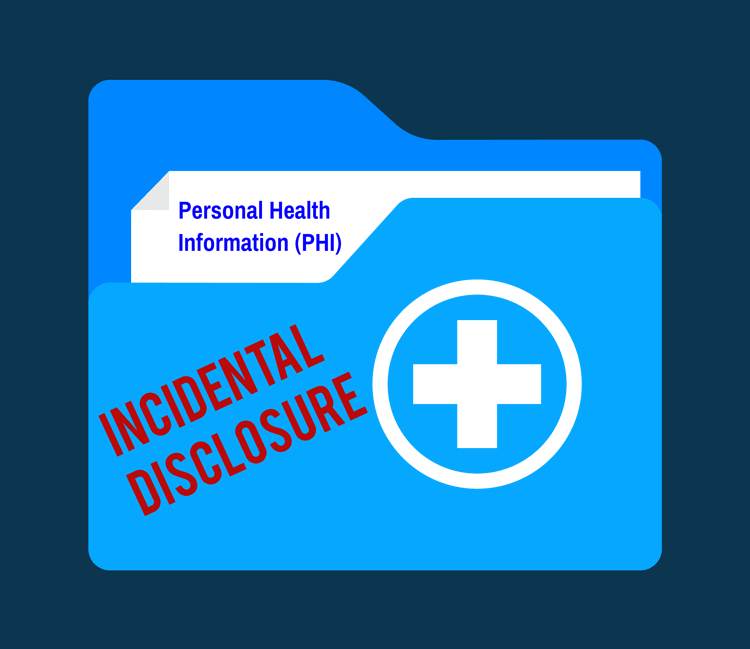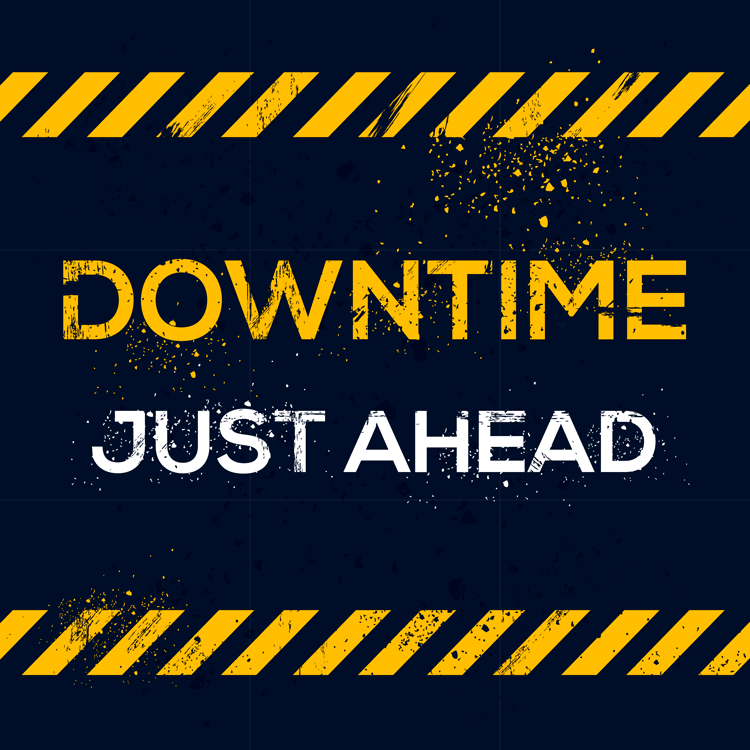HIPAA vs HITRUST vs HITECH: What's the Difference?
When it comes to Protected Health Information (PHI), healthcare providers and organizations can never be too safe. The repercussions for lost, stolen or manipulated data could cost you large sums of money, a tarnished reputation, and even jail time. According to data shared by HIPAA Journal, there were 339 healthcare data breaches of 500 or more records reported to the Department of Health and Human Services' Office for Civil Rights (OCR) Between January 1, 2023, and June 30, 2023.
